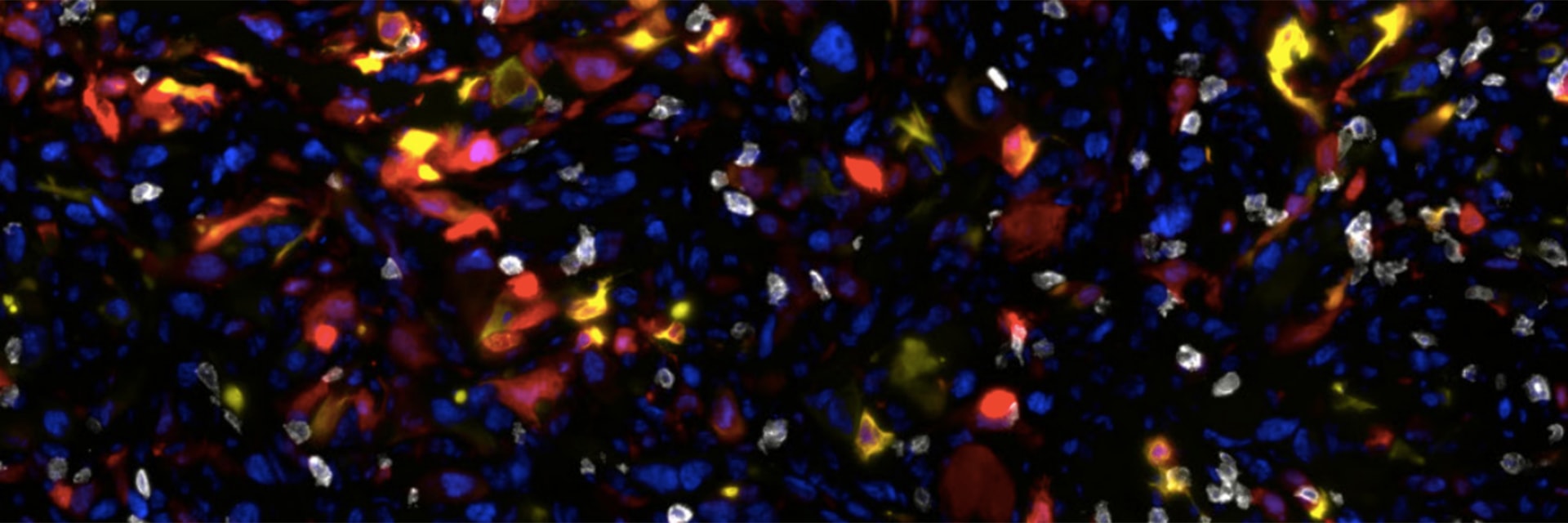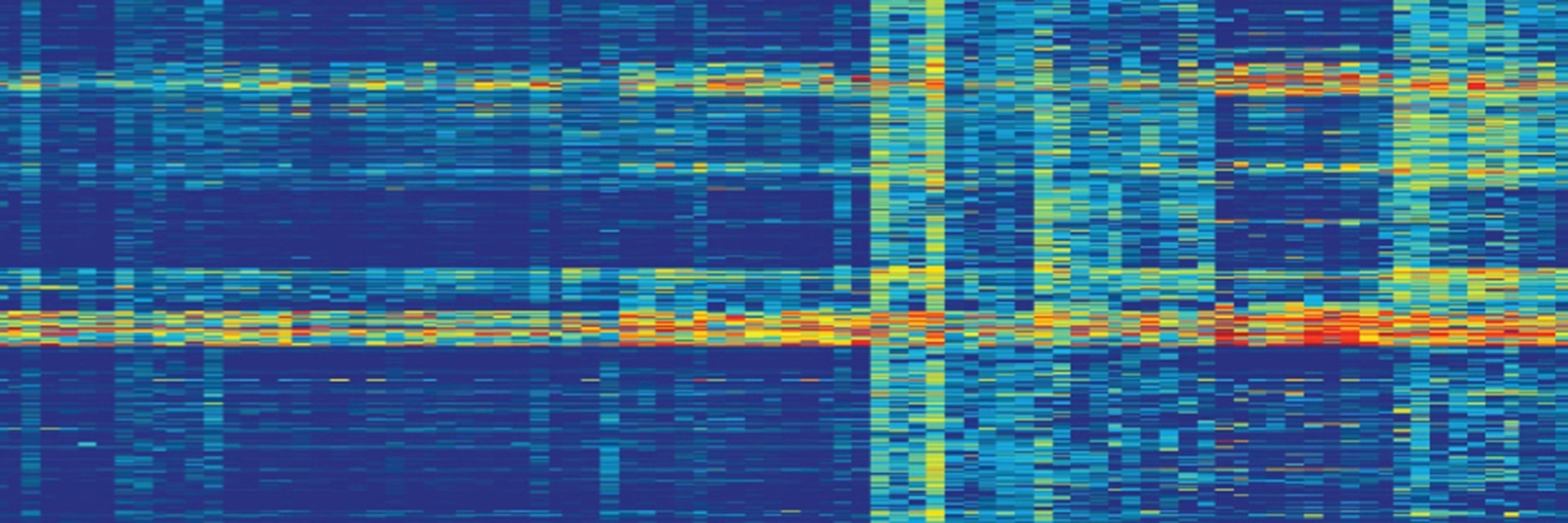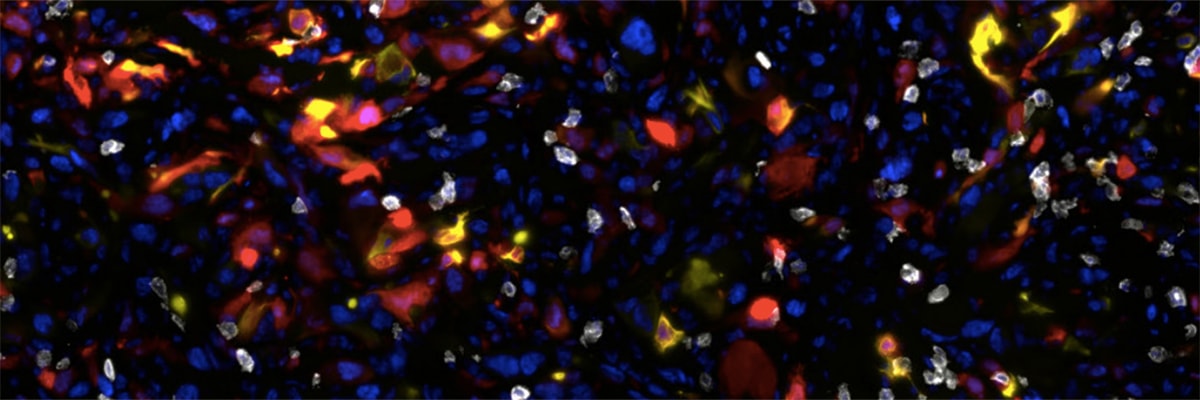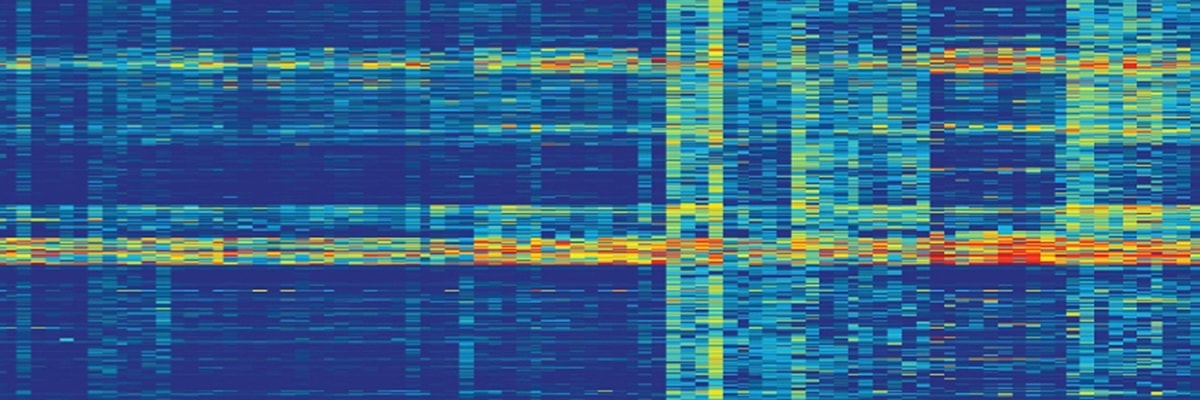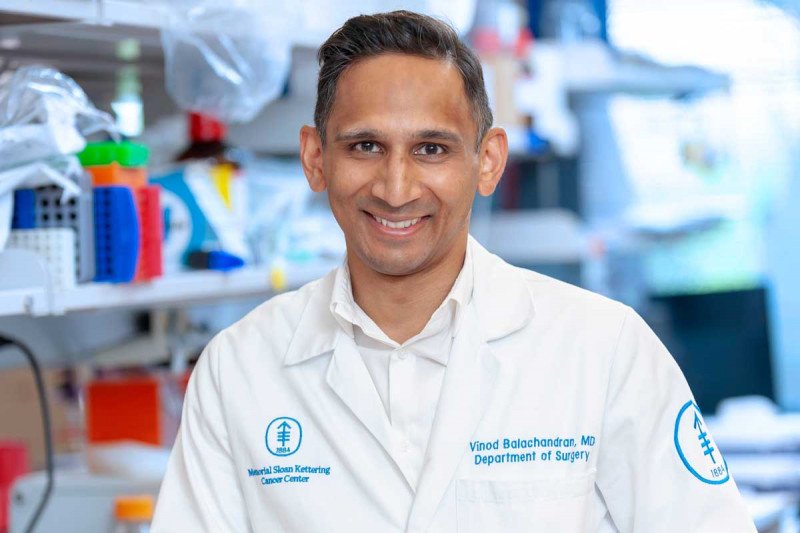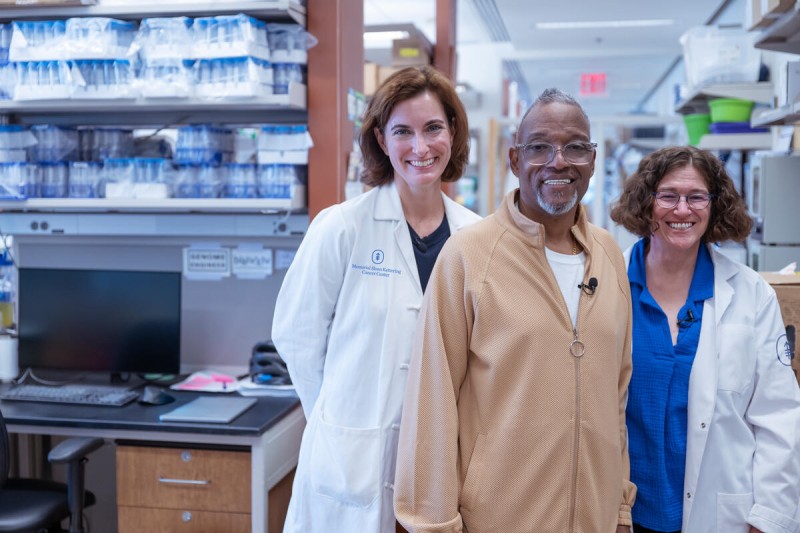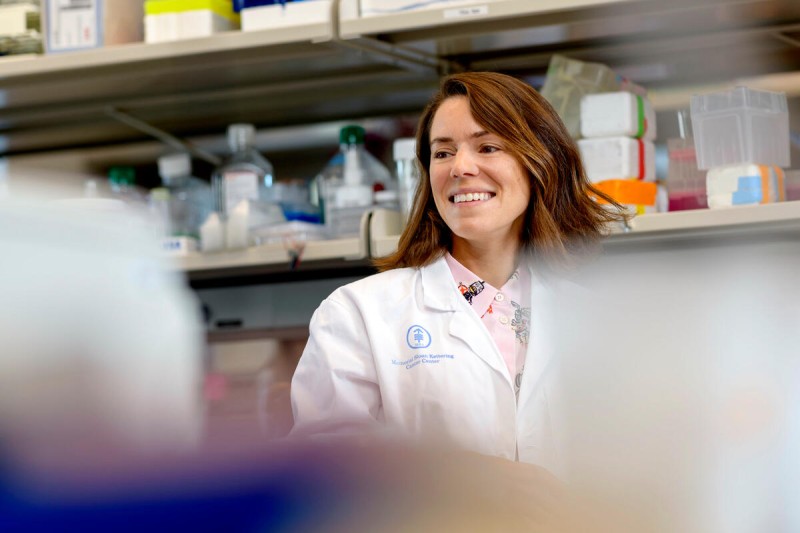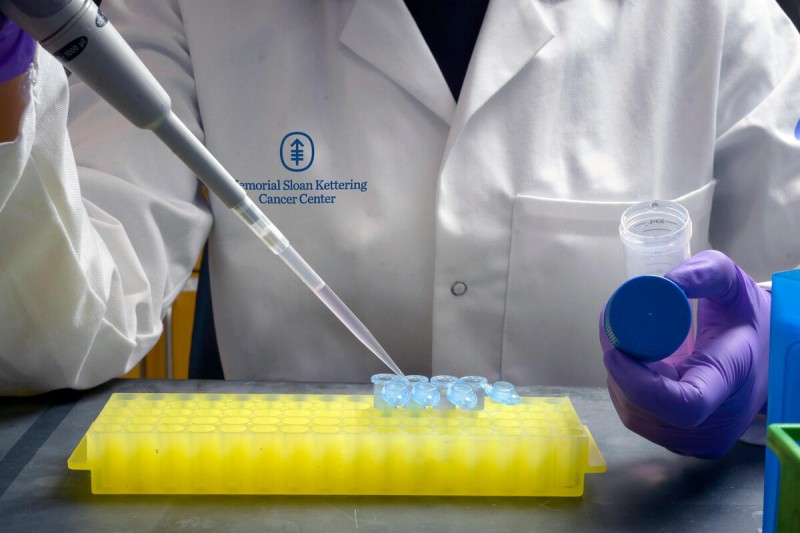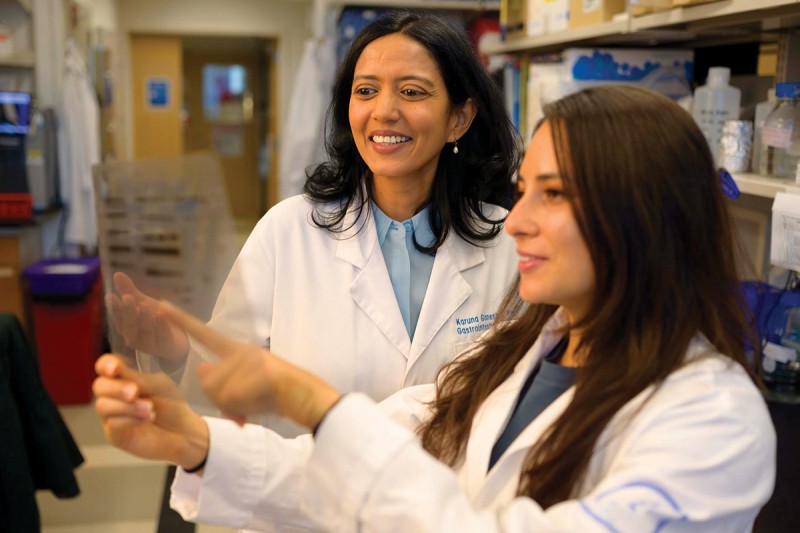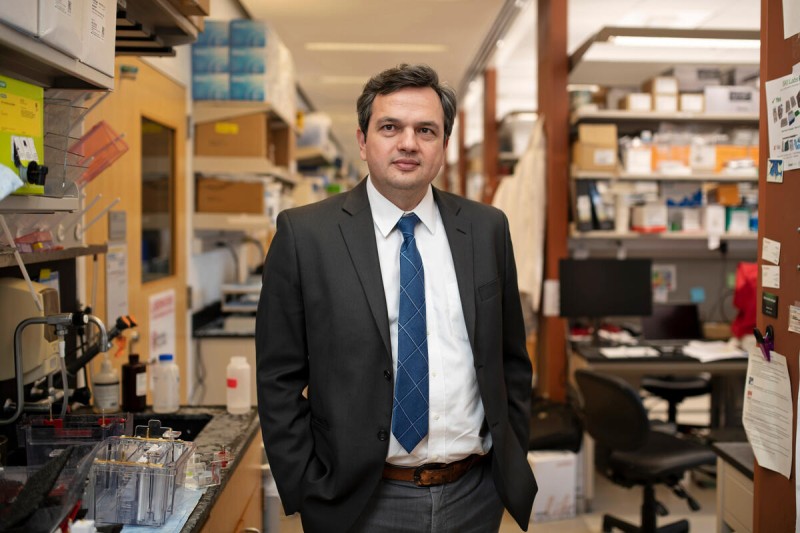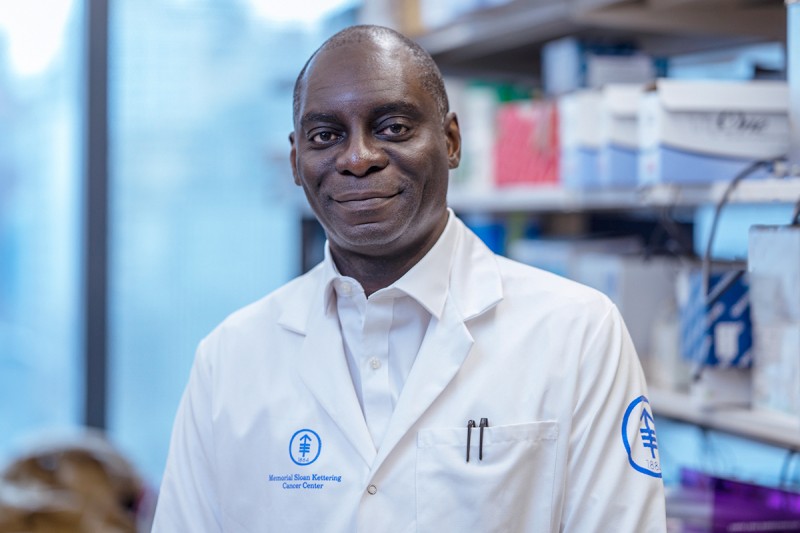
Investigators in the Human Oncology and Pathogenesis Program (HOPP) at Memorial Sloan Kettering have one foot in the lab and one foot in the clinic. Positioned at the forefront of translational research, HOPP investigators are uniquely situated to bridge gaps between the basic science and clinical research worlds. HOPP’s research programs span multiple cancer types, and its scientists employ innovative technologies, often redefining how we find, develop, and test new cancer therapies. The program also supports graduate and postdoctoral training for physicians and scientists who want to serve at the cutting-edge of translational cancer research.
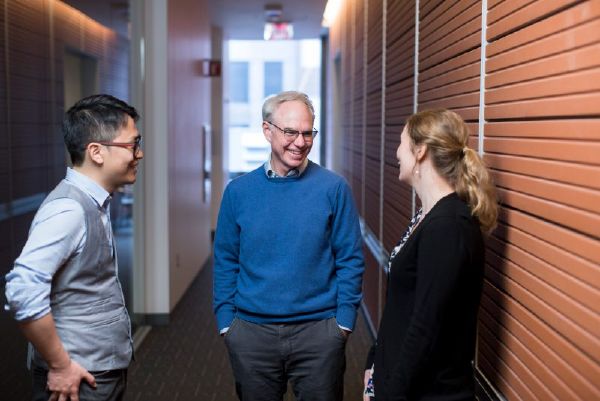
Education & Training
HOPP is dedicated to training physicians and scientists at all levels for careers at the forefront of translational cancer research.
